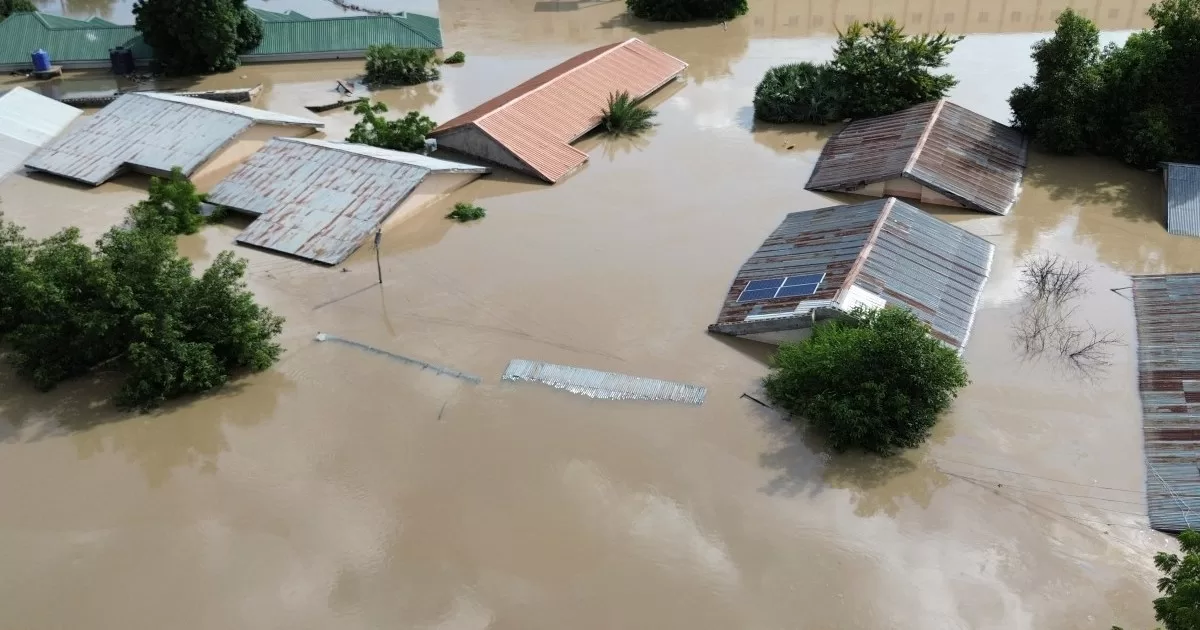Severe flooding in northeastern Nigeria has killed at least 30 people and affected more than one million others, the authorities have said.
The collapse of the Alau dam on the Ngadda river in Borno State on Tuesday caused some of the state’s worst flooding since the same dam collapsed 30 years ago, and prompted residents to flee their homes.
The state government said on Wednesday that the dam was at capacity due to unusually high rains. Officials expected the death toll to rise.
The current flooding comes nearly two years after Nigeria’s worst flooding in a decade killed more than 600 people across the country.
Ezekiel Manzo, spokesman of the National Emergency Management Agency, on Wednesday put the death toll at 30.
“One million people have been affected so far,” said an aide for Borno State Governor Babagana Zulum, adding that as efforts to document displaced people begin, that number could rise to nearly two million.
Residents of Maiduguri, the capital of Borno State, said food has become expensive since the central market was destroyed in the floods.
The swirling waters partially destroyed a local zoo and several animals escaped. Mary Mamza, a Maiduguri resident, said people were afraid to leave their homes after an escaped crocodile was killed near her home.
West Africa has experienced some of its worst flooding in decades. More than 2.3 million people have been affected so far this year, which is a threefold increase from last year, according to the United Nations.
African nations are losing up to 5 percent of their gross domestic product (GDP) every year as they bear a heavier burden than the rest of the world from climate change, a new report said on Monday after one of the continent’s hottest years on record.
The World Meteorological Organization said many African nations are spending up to 9 percent of their budgets for climate adaptation policies.
